6. The Killing of a Sacred Deer (2017)
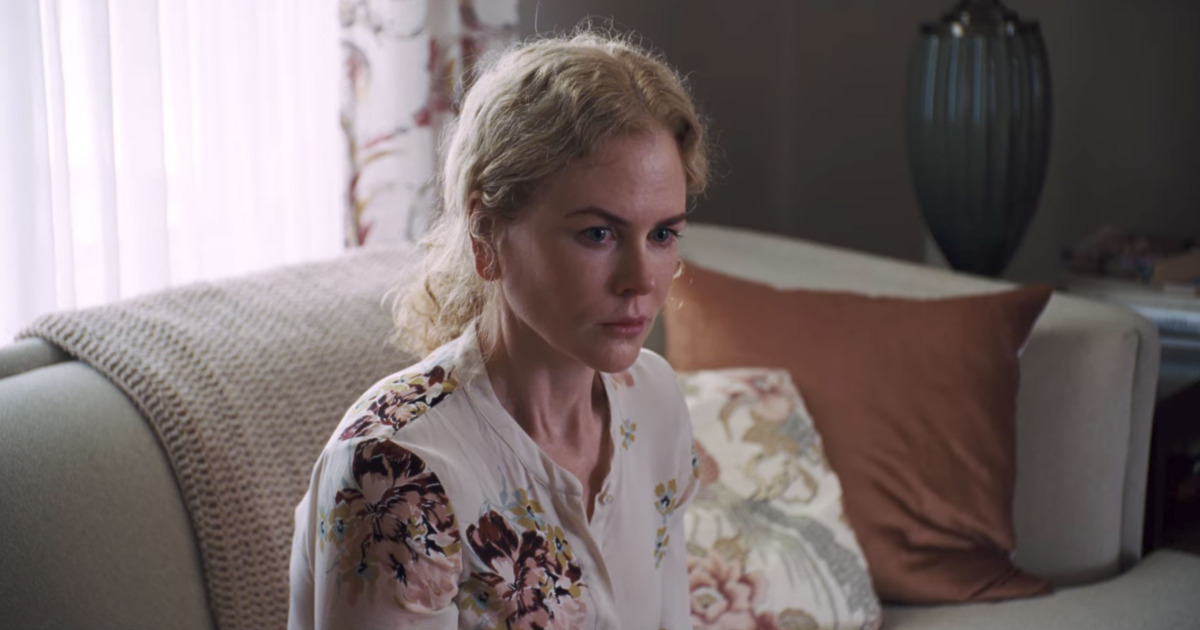
Yorgos Lanthimos certainly has an absurdist style to the majority of his work, marked by creativity and ingenuity. He finds ways to incorporate bizarre ideas, as is the case with The Lobster, or reinterpret ideas in an imaginative style.
The Killing of a Sacred Deer is the reimagining of a tale of Greek mythology in which a man’s actions come back to curse his family. It is very much a tale of morality, however, Lanthimos does not convey it in the traditional sense here. Colin Farrell is a prominent surgeon, whose seemingly idyllic life is thrown out of whack due to the presence of Martin (Barry Keoghan). He is an eccentric child, whose seemingly innocent intentions turn insidious.
It was never anywhere close to the realm of possibilities that this film would be strongly considered for an Oscar due to its otherworldly tone. Yet, it still manages to tell a classic tale of morality with enough artistic appeal to intrigue most viewers. It was also a very widely unknown film and that will not garner much support within the Academy. Even so, it does not excuse this self-imposed lack of range. If a ceremony is attempting to honor the very best work of a given year, it should certainly include a wide range of films that excelled on many levels, not simply movies that appealed to a very limited standard.
7. The Florida Project (2017)
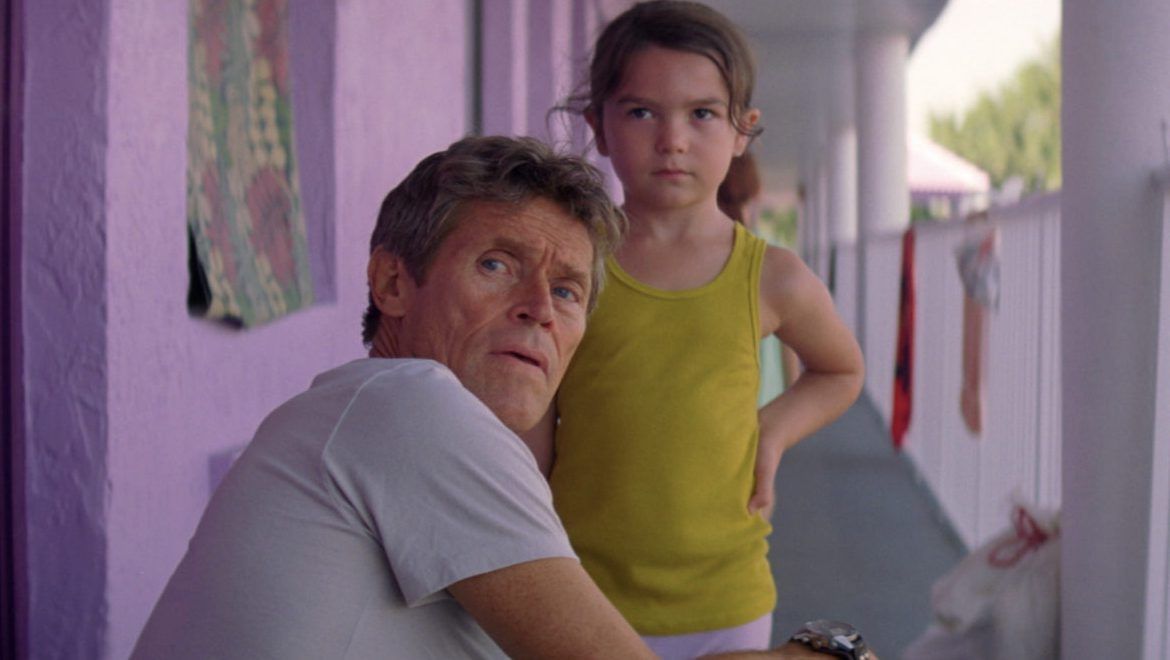
The Florida Project is a film by director Sean Baker, who also directed the immensely cheap Tangerine. This film had a $2 million budget, however, this was not discernable by watching it. It flashes with color, pastel buildings of pink and deep orange – the area of Orlando leading to Disney World. The performances help in large part to carry the proceedings of the film, as Willem DaFoe was event bestowed with an Oscar nomination.
Child actors can often be identified as obvious weak points in otherwise compelling movies. However, The Florida Project is able to deliver very strong performances from the children, which allows the viewer to become more immersed in the film. If this was not the case, the more serious elements that spring up throughout would seem jarring.
2017 was a strong year for movies, yet perhaps a few more showings of recognition would have been suitable here. The cinematography stood out, as the illumination of a Floridian summer permits plenty of natural light to work with. Even a nod for best picture would be sensible because the number of films nominated can extend to ten, yet it typically remains at eight. Similar to Good Time, there was a real chance here to spread the word about an under the radar movie that was missed.
8. Nocturnal Animals (2016)
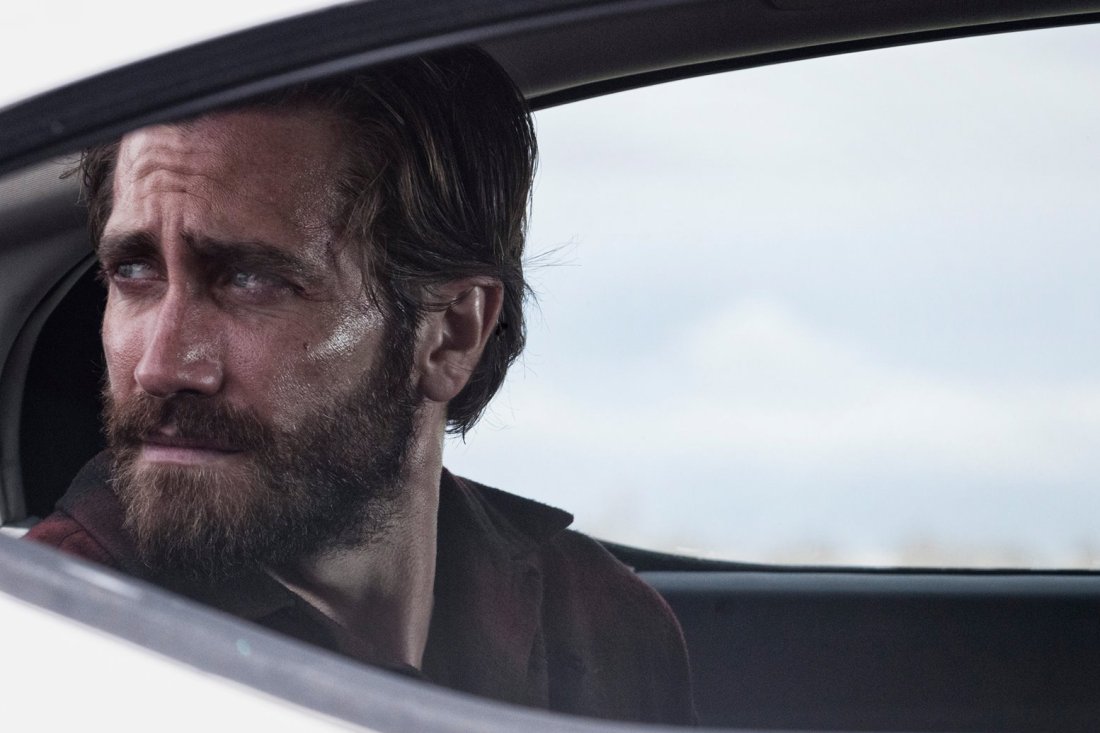
Nocturnal Animals intertwines the careening life of a Los Angeles art gallery owner (Amy Adams) as she attempts to deal with a distant second husband, repressed guilt over the loss of her first husband, and an overbearing sense of loneliness. Most of these emotions are set off by the arrival of her first husband’s (Jake Gyllenhaal) manuscript, as she must confront the past that is haunting her.
One can read into the symbolism of his new book, which is clearly there and adds another element to the film upon further thought. However, one can certainly enjoy this movie as character analysis. It employs a methodical pace to reveal the necessary information, piece by piece, for the viewer to comprehend the entire story.
Tom Ford’s work here went largely unrecognized, as the only nomination that this film received was for Michael Shannon’s work in a supporting role. It is very individual in that a majority of the contents of this film are a book that the main character reads throughout. It eventually challenges her and develops her into a different person by the film’s conclusion.
It is seeping in Ford’s style and contrast, as seen in the utter disparity between the Los Angeles art scene and the subdued nature of West Texas. Overall, this movie tells a compelling story with realistic characters and a visionary direction. It deserved more than one nomination at the Academy Awards.
9. The Witch (2016)
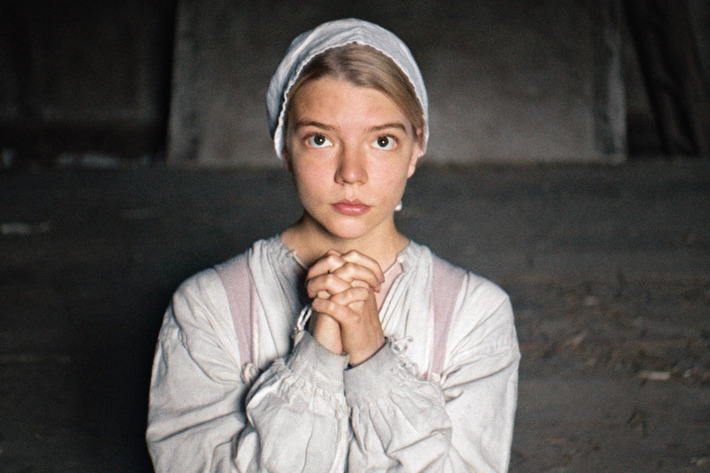
The Witch is a film with a profound sense of time. Its setting and time period combine a wonderful mix of atmospheric tension and the unnerving implications of manipulation. Robert Eggers crafted a period-specific film – in its costume, aesthetics, and language.
As the events of the film unfold, the viewer will be stunned by how daring Eggers chooses to display his horror-filled tale. It utilizes history and folklore, family dynamics accurate to the period – and still resonant today – while the overarching theme of religion is also inseparable from this story. Their beliefs not only pushed the characters to the outskirts of the world, but it also dictates how they act and perceive events throughout the movie.
It is fueled by the gloom that it exudes, the dreary nature that surrounds the film seems to consume its characters to a point of madness. The frustration of their situation and their respective mindsets truly display the malevolent nature that unfolds through the distorted mind.
The entire cast is excellent, yet Anya Taylor-Joy and Ralph Ineson truly stand out, as the viewer experiences the horror through their performances more so than typical means. It is a natural horror that is only evident through the ambiguous nature of the characters’ experiences, as opposed to quick scares lesser films might offer. The Witch is above all stylized and confident, two irreplaceable values that will truly impress the viewer.
10. Silence (2016)
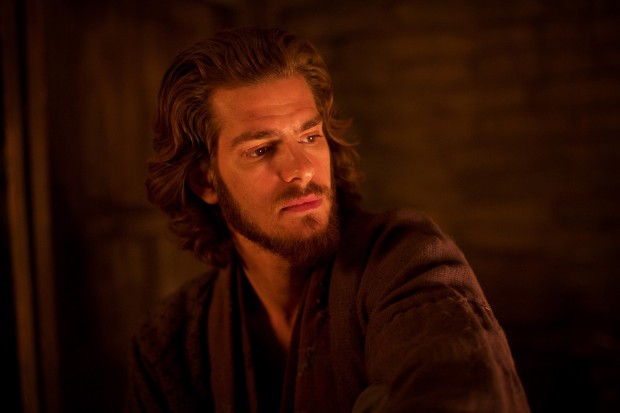
The last entry upon this list is a Martin Scorsese film that was limited to a single nomination. While that is better than the fate of numerous films that have already been listed, it defies logic for a film with a mainstream director. It is obvious a movie defined by its subdued nature – evoking its title flawlessly – would not be the first choice for an award show that prefers to be pandered to. However, a lesser-known Scorsese film such as Hugo received eleven nominations. It seems like a fait accompli that each ensuing movie of his will rack up the nominations, yet Silence was held to one.
It is far from a perfect film, as many disliked the excessive run time and themes that are not universally compelling. A counterpoint to this may be that the personal touch that is obvious upon viewing overrides the exclusivity of Catholicism and serves rather as a commentary on faith itself – whether it be in God or something more material.
It was easy for the Oscars not to acknowledge a film as niche as this, however, those who think themselves prestigious enough to bestow glory, based on something as subjective as film, must be bolder in their choices. This is not an invalidation of the awards and those who do win them, rather it is simply an acknowledgment that in an attempt to satisfy everyone – due to the political nature of today’s world – the artistry of film is being ignored.